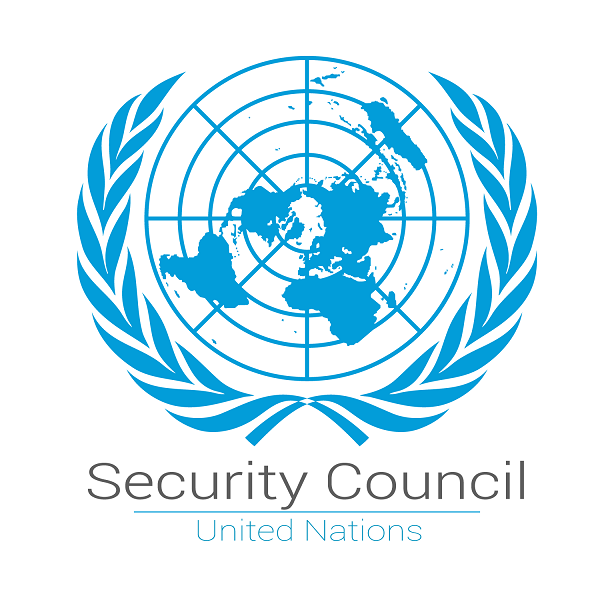The UN Security Council will meet Thursday this week to discuss escalating violence in Rakhine and Chin States, which has affected efforts to contain COVID-19.
The closed-door meeting will be held over video conference and will include statements from the UN special envoy to Myanmar, Switzerland’s Christine Schraner Burgener. In addition to the humanitarian crisis involving displaced Muslims, the Council will discuss worsening violence between the Myanmar Armed Forces (Tatmadaw) and the Arakan Army, or AA, a separatist group that claims to fight for greater autonomy for Rakhine Buddhists. In April, a UN-marked vehicle carrying COVID-19 test samples was ambushed. A public health worker was injured and the driver, a WHO employee, was killed. Neither the Tatmadaw nor AA have claimed responsibility for the attack. The incident highlighted how the conflict affects Myanmar’s COVID-19 containment effort. UN human rights envoy Yanghee Lee has urged “all parties to all conflicts in Myanmar to have an immediate and total ceasefire to facilitate the fight against COVID-19.” Yet the crossfire has made accurate testing, treatment and quarantine efforts dangerous and difficult.
The western conflict also has a bearing on long term foreign investment. Last year’s genocide hearing before the International Court of Justice was a political black eye that pushed international companies to sever ties with the Myanmar military and potentially civilian government. The war with the AA, too, has contributed to a general sense of instability that is making foreign investors think twice before doing business in the country. The AA has been condemned for reports of looting, executions and forced labor against civilian communities. But the government and Tatmadaw have come under scrutiny for internet blackouts in rebel held areas and suppression of journalists communicating with the AA.


